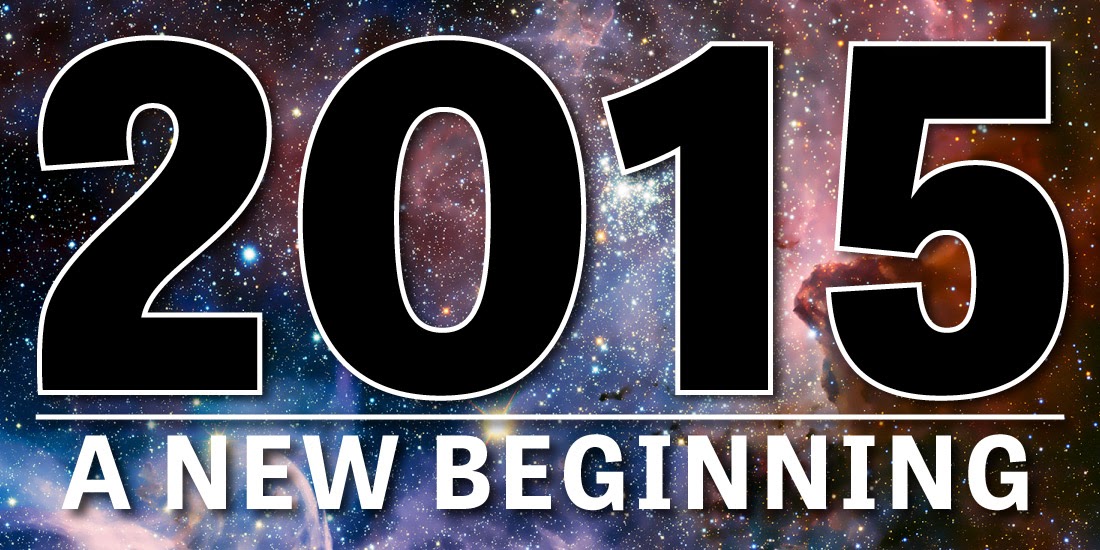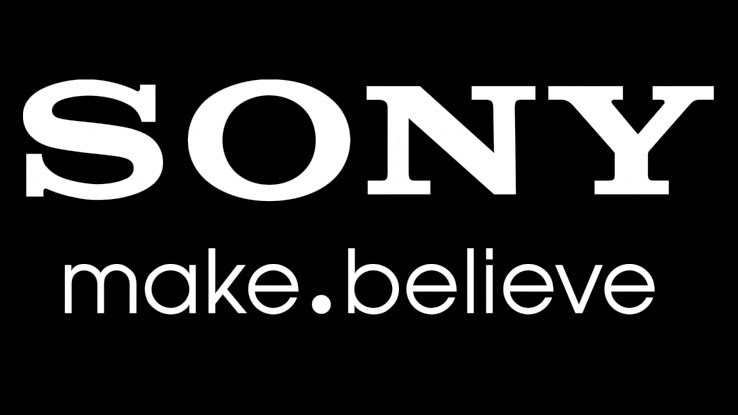It’s been a while since I did a good old fashioned blog post.
I’ve been doing a lot of hard-core thinking about big ideas the last couple of years, trying to figure out the best way to explore my thoughts on things that are really important to me but are hard to talk about in everyday conversation without people not wanting to hang out with you any more.
 |
| The brain is a beautiful thing. Don’t waste it! |
However, today’s topic should only be tangentially related to this, and has more to do with the way my memory seems to have changed over the last few years, basically since I had what I consider full adulthood.
I have always been told I have a pretty good memory, and I do have the somewhat uncanny ability to recall random facts from way deep down in my consciousness. It’s a fun party trick, until I overdo it and come off as pedantic or weird. Fact can only be so certain, and everything is subject to logical and never-ending scrutiny.
It’s also worth considering that memory is a muscle, and things we don’t think about or which don’t fit into the world-view or thoughts we have tend to be forgotten or dismissed pretty quickly.
For instance, I have heard that the healthiest way to drink bottled water is to purchase a bottle, empty the water inside (because that water has been slowly getting contaminated by the plastic in the bottle), refill the bottle with purified tap water from the nearest sink, and drink the new water. I heard that from a reputable source, but there are so many factors that go into determining the validity of a fact like that, there’s no quick and easy way to prove to somebody that it’s true. We also don’t know much about contaminants in plastic and what quantities would prove dangerous, with effects that might take 10-20 years to build up enough to notice adverse health effects or cancers.
What was I talking about again? Oh yeah, memory.
So, memory has been fickle with me of late. I’ve been told I have a really hard time remembering things, and maybe that’s true. But more often these days, I find that what really happens to me is that my memory of something actually stores multiple similar but distinct copies of something. I’m not sure precisely why that is, but I find it very interesting. To give you an example, say I am trying to make dinner plans with a group of friends, or even just one other person to keep it simpler. I might ask “What time would you like to do dinner? 5:30, or 6 PM?”. The person responds telling me that 6 works better for them, but then 20 minutes later, they tell me that upon consideration, 5:30 would actually be more suitable.
What happens to me and my memory in this scenario? I create a memory to store the dinner plans I’m making, and I open a mental slot in my schedule for the evening in question. When they answer 6 PM, I store that in the dinner plans memory, kind of like a sticky note, and promptly stop thinking about it. Later, when I get the news of different plans for 5:30, I have to go back, find that original memory, and what ends up happening is that I put a new mental sticky note on the original plan.
When I revisit the original memory to remind myself what time we’re having dinner, I find the memory with two sticky notes attached. I vividly remember making dinner plans, I can recall asking about times, but for the life of me, I cannot think about the 5:30 memory and the 6:00 memory and recall which is the more recent, and therefore accurate, memory.
I don’t think this means that I have a bad memory, and maybe it’s more to do with the WAY I store memories and think about things than anything else, but this does cause real confusion in my life, and it leads people to believe that I’m forgetful, or not paying attention, when in fact having TOO much memory tends to be the cause of my problems.
For a long time in the history of life on Earth, there hasn’t been much reason to remember things in order temporally, unless there is a strong emotion associated with a stimulus. When humans were in real danger from animals on a regular basis, knowing that sounds of shifting grass in a field meant that a lion was about to pounce might save your life. However, in our society today, we don’t get a lot of stimulus like that, and so there isn’t a lot of opportunity to tie survival to memory.
Most of what humans “learn” when it comes to memory these days comes from repetition, It doesn’t help much with things like remembering if dinner was at 5:30 or 6 PM, or whether you wanted to eat our at a restaurant or stay in, but it can certainly come in handy when you’re talking about exercise, eating healthy, or taking out the garbage. We’re creatures of habit, and slow and steady wins the race.






















